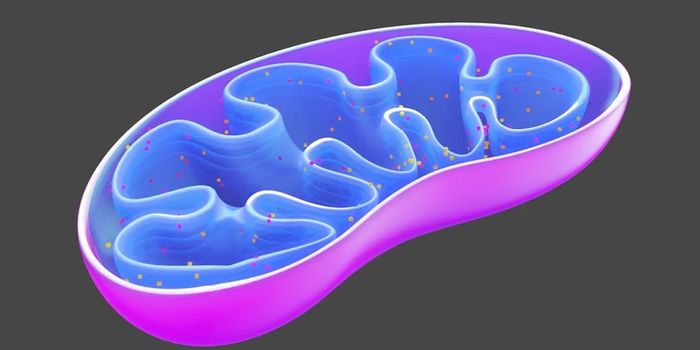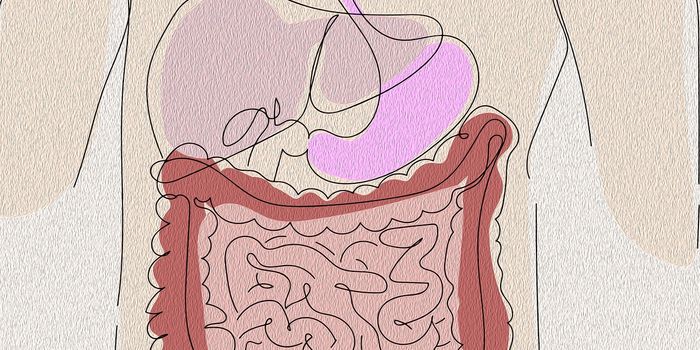Nervous Protein Neuromedin B May Prevent Immune Reactivity
A protein produced by the nervous system seems to play a role in regulating the immune system. For people with inflammatory disorders characterized by an unruly immune response, this discovery could mean new, innovative treatments.
The immune system has mechanisms in place to launch the immune response at the right time and cut off inflammation once a threat is cleared. However, inflammation sometimes continues unnecessarily or even initiates unprovoked, leading to common inflammatory diseases like asthma, allergies, chronic fibrosis, and chronic obstructive pulmonary disease (COPD).
Regulatory T cells in the immune system have been known to play a fundamental role in regulating the immune response, but new research points to the nervous system as an additional partner in keeping the balance.
In a recent Nature Immunology study, researchers found that nervous system protein neuromedin B (NMB) is involved in regulating the inflammatory response. NMB has been studied in both the central nervous system (CNS) and the gastrointestinal (GI) tract, and its activity is associated with a wide variety of physiological processes in the body, including: “regulation of exocrine and endocrine secretions, smooth muscle contract, feeding, blood pressure, blood glucose, body temperature, and cell growth.”
In the study, researchers studied the ability of basophils of the immune system to “prime” other immune cells to work with the nervous system to promote NMB receptor expression on the surface of immune cells to support a healthy inflammatory process. Basophils are relatively rare in the body compared to similar immune cells; discovered in 1879, basophils are known to be involved in regulating cytokine-mediated inflammation.
Researchers found that together, basophils and NMBs are associated with reduced inflammation, especially the type of inflammation observed in diseases like asthma, allergies, chronic fibrosis, and COPD.
"For many years, the mechanism through which the body shuts down an inflammatory response to heal itself after worm infections remained poorly understood," explained lead author Mark C. Siracusa. "Our study provided that understanding and a hope for possible treatments using NMB, which has great potential to treat inflammatory diseases like asthma, allergies and COPD."
Sources: Rutgers University, Nature Immunology, The Journal of Allergy and Clinical Immunology, Progress Neurobiology








